Filter by
The language used throughout the course, in both instruction and assessments.
Explore the Scientific Computing Course Catalog
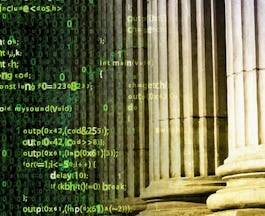
Rice University
Skills you'll gain: Computer Programming, Python Programming, Programming Principles, Mathematics, Algorithms, Computational Logic, Computational Thinking, Computer Programming Tools, Critical Thinking, Problem Solving, Theoretical Computer Science, Visualization (Computer Graphics), Computer Graphics, Data Structures, Graph Theory, Probability & Statistics, Combinatorics

Vanderbilt University
Skills you'll gain: Computer Programming, Other Programming Languages, Matlab, Data Analysis, Algorithms, Theoretical Computer Science, Data Visualization, Mathematics, Plot (Graphics), Visualization (Computer Graphics), Computer Graphics, Probability & Statistics, Statistical Machine Learning, Problem Solving, Programming Principles
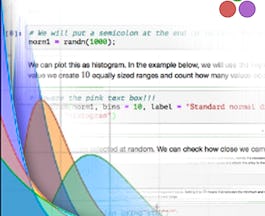
University of Cape Town
Skills you'll gain: Computer Programming, Mathematics, Other Programming Languages, Computational Thinking, Data Visualization, Programming Principles
 Status: [object Object]
Status: [object Object]Skills you'll gain: Python Programming, Machine Learning, Data Science, R Programming, Data Analysis, Professional Development, Algorithms, Big Data, Cloud Computing, Computer Programming, Data Mining, Data Model, Data Visualization, Databases, Deep Learning, Exploratory Data Analysis, General Statistics, Human Learning, IBM Cloud, Machine Learning Algorithms, Plot (Graphics), Probability & Statistics, Regression, SQL, Writing

University of Illinois Urbana-Champaign
Skills you'll gain: Cloud Computing, Distributed Computing Architecture, Cloud Infrastructure, Computer Networking, Cloud Storage, Cloud Platforms, Network Architecture, Apache, Cloud Applications, Cloud Engineering, Computer Architecture, Data Management, Algorithms, Software-Defined Networking, Software As A Service, Network Analysis, Theoretical Computer Science, Amazon Web Services, Big Data, Cloud-Based Integration, Software Architecture, Computational Thinking, Computer Programming, Cryptography, Security Engineering, Human Learning, Python Programming
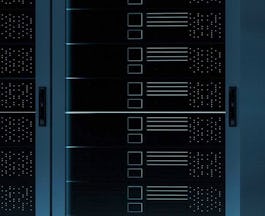
University of Colorado Boulder
Skills you'll gain: Computer Programming, Distributed Computing Architecture, Computational Thinking, Computer Architecture, Computer Programming Tools, Linux

Skills you'll gain: Cloud Computing, Cloud Applications, Cloud Storage, Cloud Infrastructure, Cloud Platforms, IBM Cloud
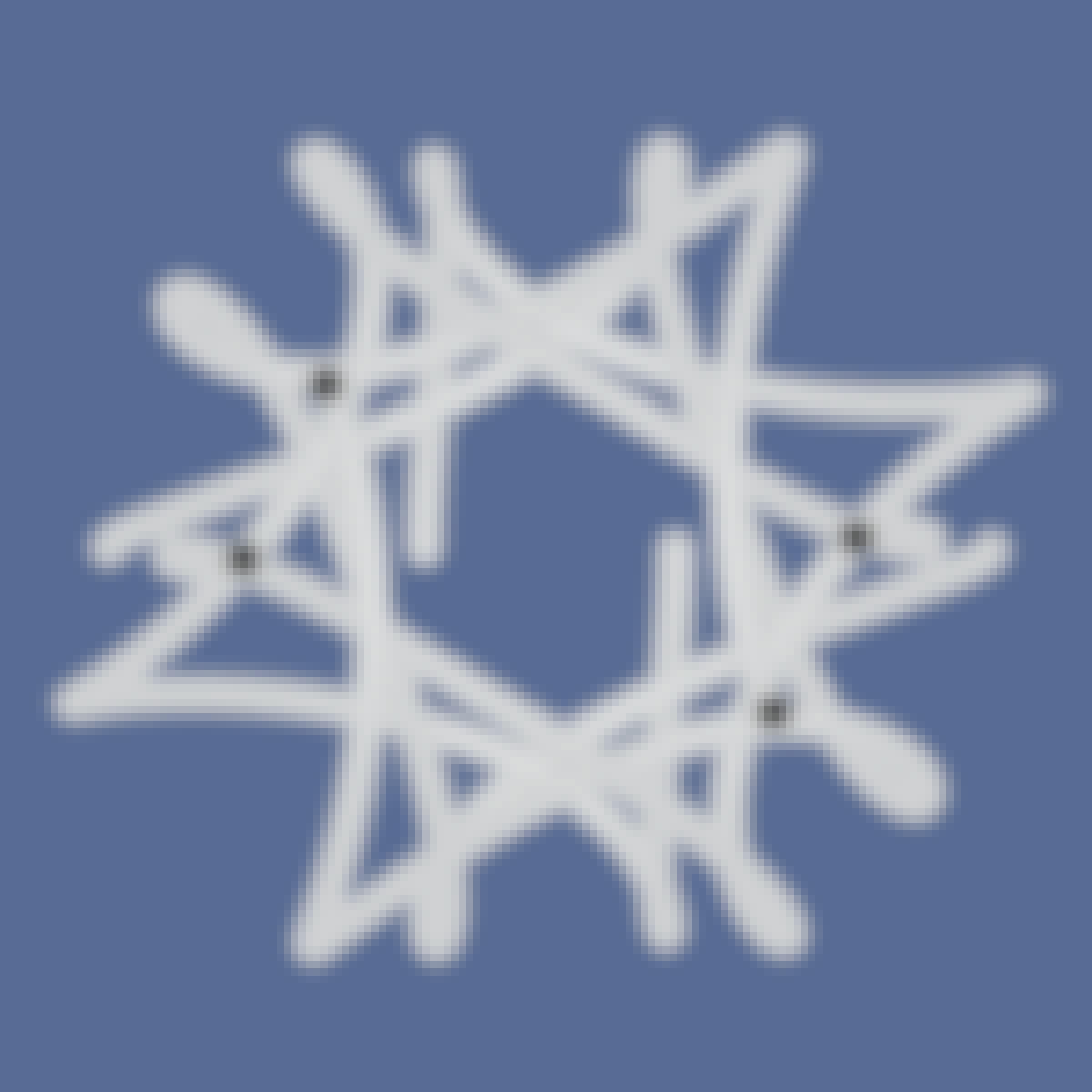 Status: Free
Status: FreePrinceton University
Skills you'll gain: Computer Programming, Java Programming, Programming Principles, Computational Thinking, Algorithms, Computational Logic, Theoretical Computer Science, Critical Thinking, Mathematical Theory & Analysis, Problem Solving, Computer Science
 Status: Free
Status: FreePrinceton University
Skills you'll gain: Algorithms, Computer Programming, Data Structures, Java Programming, Problem Solving, Programming Principles, Theoretical Computer Science, Computational Thinking, Critical Thinking
 Status: Free
Status: FreePrinceton University
Skills you'll gain: Theoretical Computer Science, Computer Programming, Algorithms, Computational Logic, Computational Thinking, Java Programming, Programming Principles, Computer Architecture, Data Structures, Mathematical Theory & Analysis
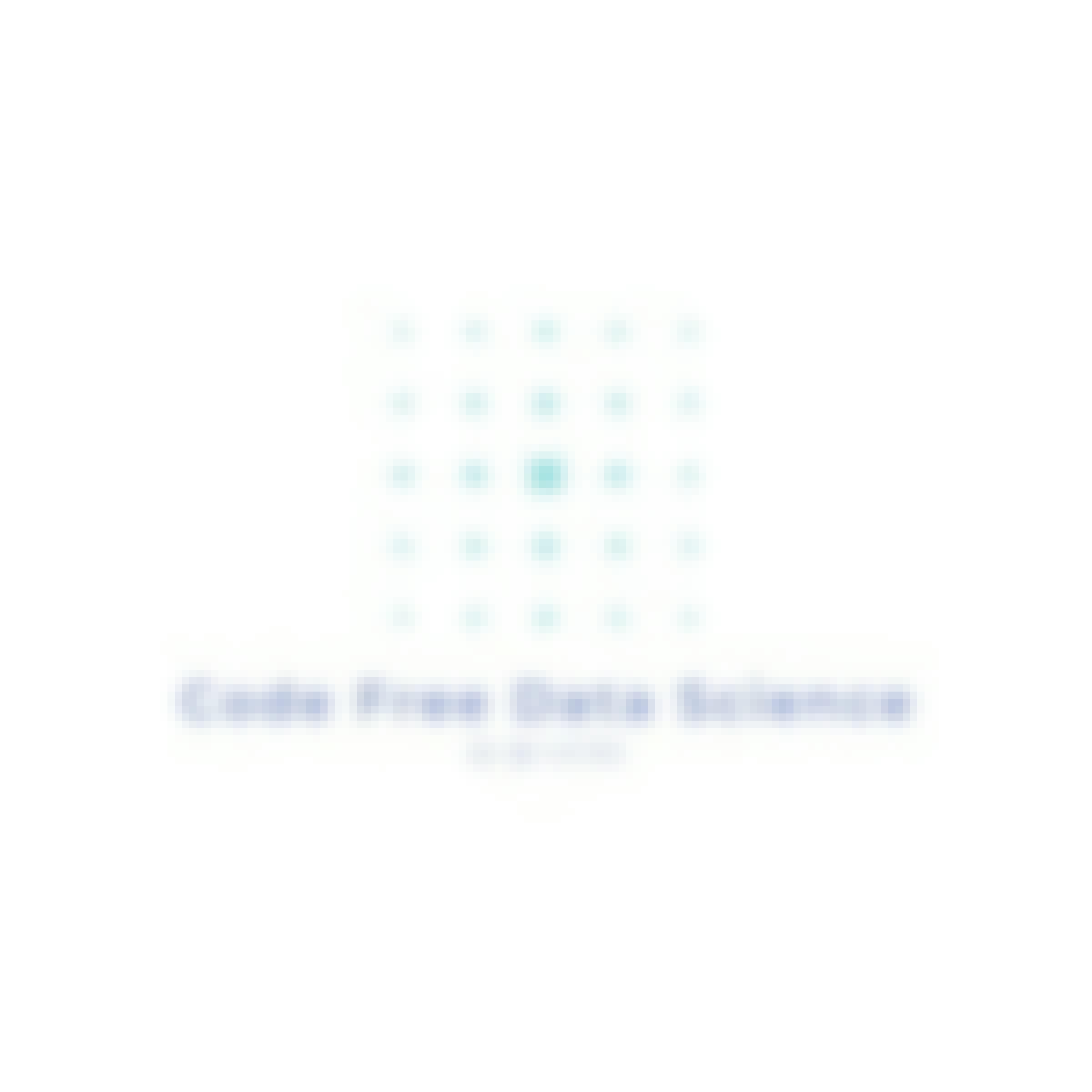
University of California San Diego
Skills you'll gain: Data Analysis, Big Data, Data Analysis Software, Data Management, Data Mining, Machine Learning, Algorithms, Data Model, Data Visualization Software, Decision Making
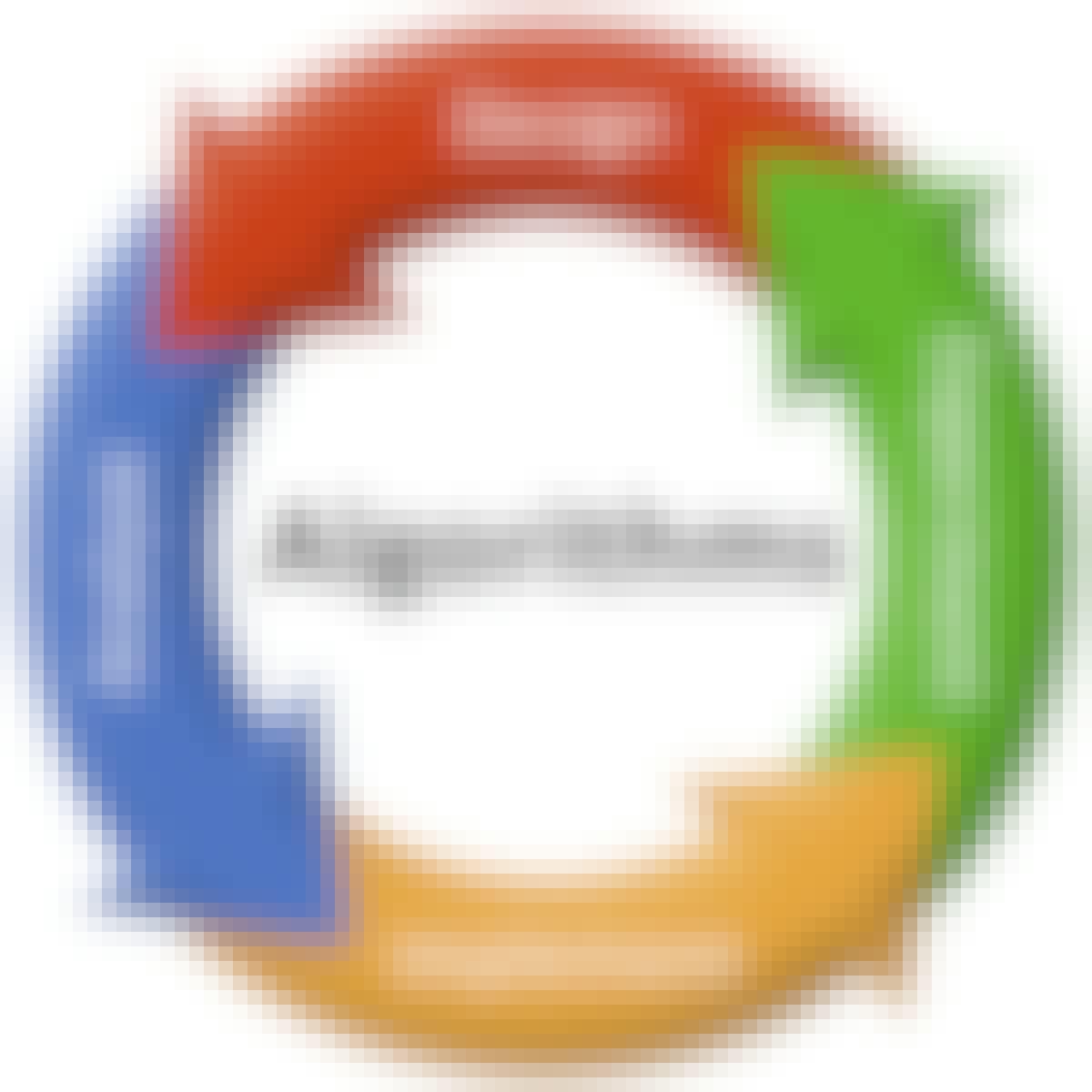
Stanford University
Skills you'll gain: Algorithms, Theoretical Computer Science, Computer Programming, Problem Solving, Graph Theory, Mathematics, Data Structures, Computational Thinking, Mathematical Theory & Analysis, Critical Thinking, Computational Logic, Programming Principles, Software Engineering
In summary, here are 10 of our most popular scientific computing courses
- Fundamentals of Computing: Rice University
- MATLAB Programming for Engineers and Scientists: Vanderbilt University
- Julia Scientific Programming: University of Cape Town
- IBM Data Science: IBM
- Cloud Computing: University of Illinois Urbana-Champaign
- Introduction to High-Performance and Parallel Computing: University of Colorado Boulder
- Introduction to Cloud Computing: IBM
- Computer Science: Programming with a Purpose: Princeton University
- Algorithms, Part I: Princeton University
- Computer Science: Algorithms, Theory, and Machines: Princeton University










